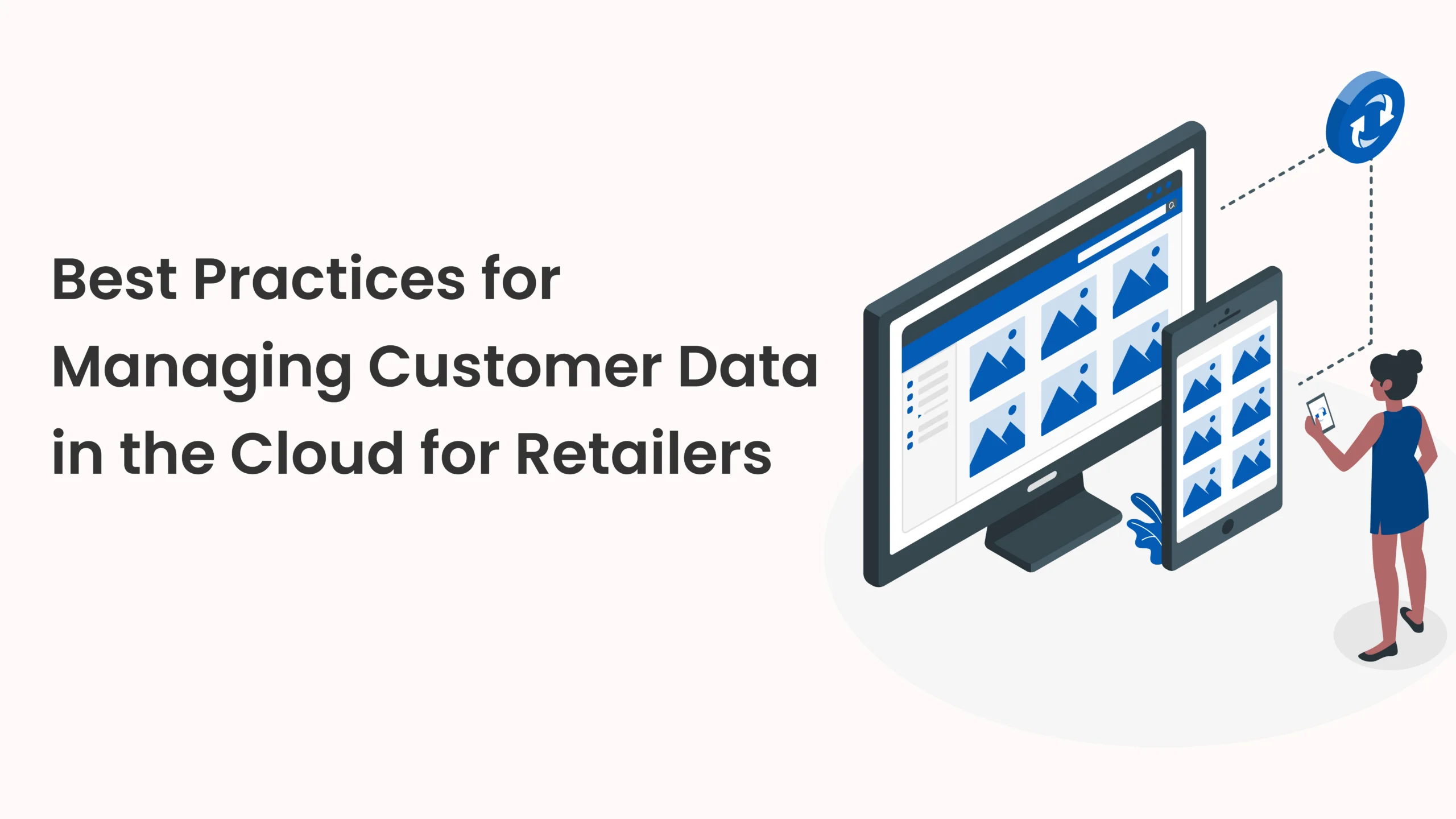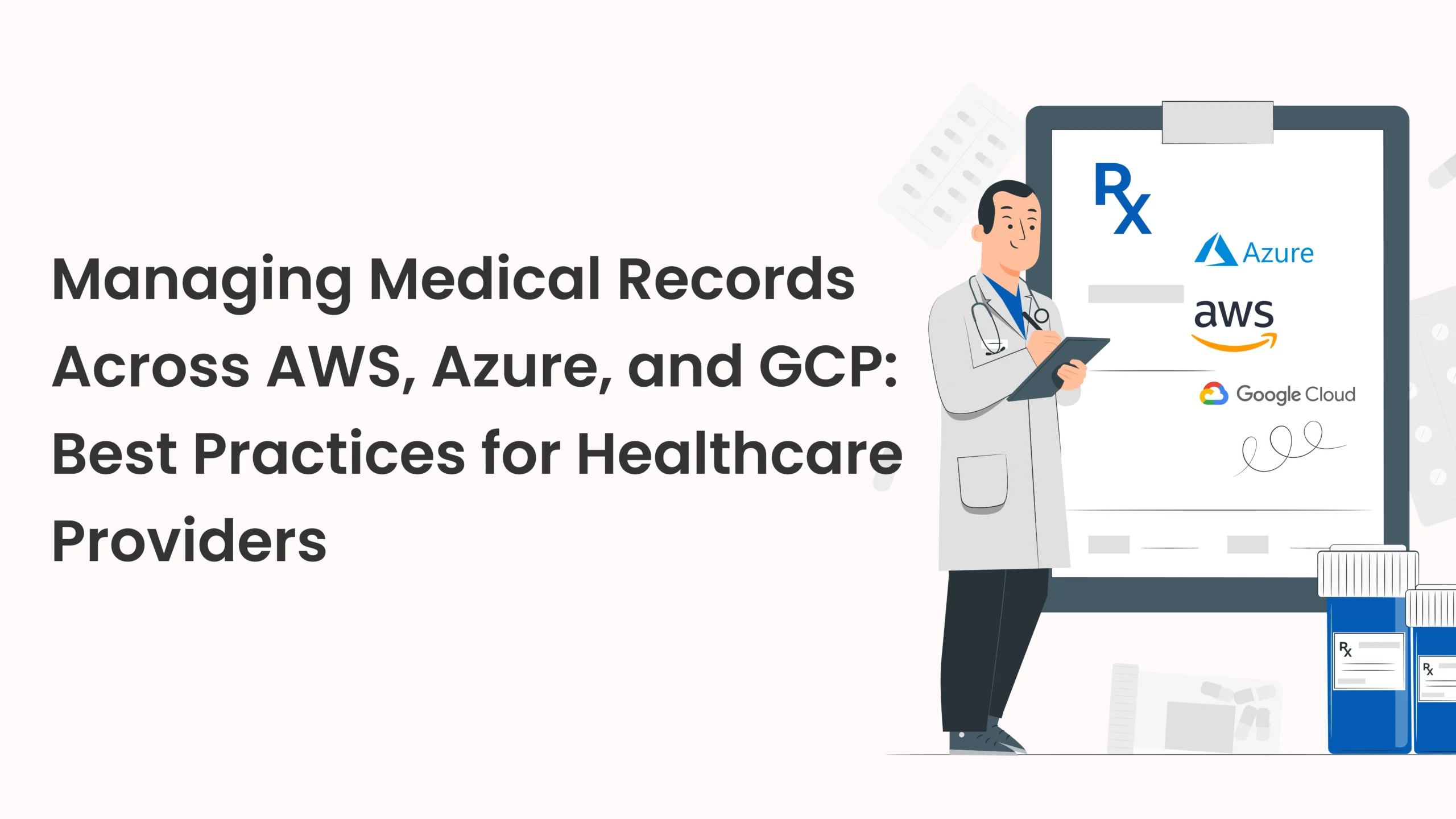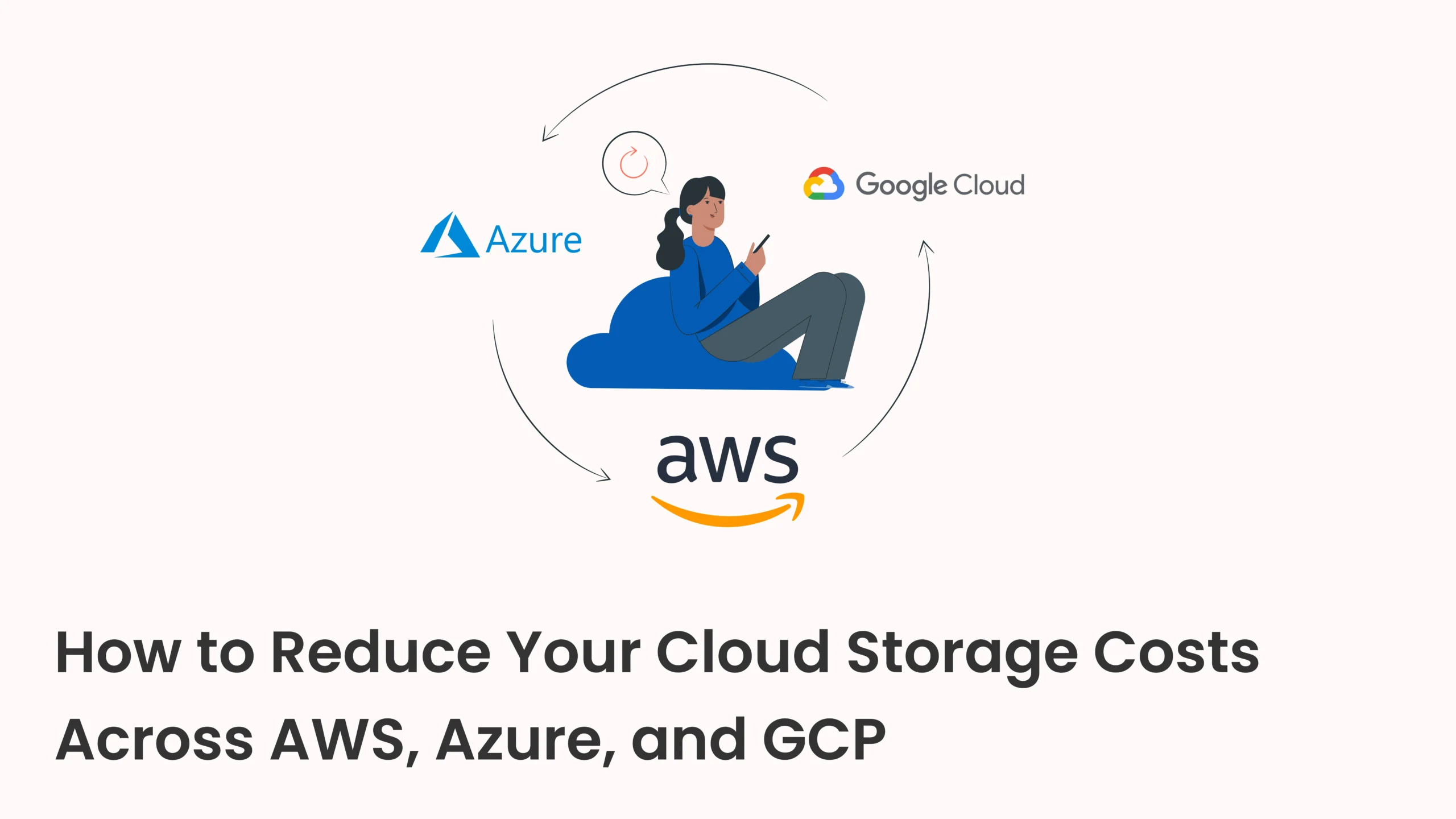
In today’s competitive retail environment, customer data is one of the most valuable assets a business owns. How you manage,...

In today’s competitive retail environment, customer data is one of the most valuable assets a business owns. How you manage, secure, and use that data can make or break customer trust and long-term growth.
In today’s competitive retail environment, customer data is one of the most valuable assets a business owns. How you manage, secure, and use that data can make or break customer trust and long-term growth.
The best practices for managing customer data in the cloud for retailers include securing data with encryption, complying with industry regulations, integrating cloud-based retail POS systems, ensuring real-time backups, and using retail cloud solutions for scalability and analytics. These steps help retailers protect sensitive information, maintain compliance, and deliver seamless customer experiences.
By following a structured approach to customer data management in the cloud, retailers not only safeguard critical information but also unlock opportunities for deeper personalization, stronger loyalty, and better decision-making.
Retailers rely on customer insights to personalize shopping experiences, optimize supply chains, and streamline operations. Storing this data in the cloud enables real-time access, scalability, and cost efficiency.
However, poor management of cloud data can lead to serious risks, including security breaches, compliance violations, and fragmented systems that reduce efficiency. That’s why retail cloud solutions must be designed with both performance and security in mind.
Protecting customer data begins with strong technical safeguards. Data should be encrypted both in transit and at rest, and businesses should enforce multi-factor authentication (MFA) for all user accounts. Regular penetration testing and security audits can further reduce the risk of breaches.
Retailers that adopt these practices keep sensitive data safe and maintain customer trust. For example, modern cloud-based retail POS platforms automatically encrypt payment data, reducing fraud and helping retailers stay compliant with PCI DSS standards.
Operating across multiple markets means facing a complex set of data protection regulations like GDPR (EU), CCPA (California), and PCI DSS for payment information. Retailers need to work with providers that offer compliance certifications and, when necessary, store data in regional data centers to meet local requirements.
A cloud-based retail POS system simplifies this process by automating audit logs, encrypting transactions, and providing compliance-ready reporting. Instead of managing compliance manually, retailers can rely on systems built to align with industry standards.
Fragmented customer data—spread across e-commerce platforms, POS systems, CRMs, and loyalty apps—creates inefficiencies. By unifying these sources within a customer data management cloud strategy, retailers gain a single source of truth that supports:
To avoid silos, retailers should integrate systems using APIs and cloud-native connectors, ensuring seamless data flow across departments.
Storing data is only the first step—turning it into actionable insights drives real business impact. With AI and advanced analytics, retailers can:
By embedding analytics into retail cloud solutions, retailers transform raw customer data into strategies that improve the overall shopping experience. This leads to faster checkouts, tailored offers, and smoother omnichannel journeys.
Even the most advanced cloud technology can’t guarantee data protection without the right culture. Employees must be trained to handle data responsibly, spot phishing attempts, and follow clear policies on retention and deletion.
Retailers that are transparent with customers about how their information is stored and used foster trust. When shoppers feel their data is safe, they’re more likely to stay loyal and engage across multiple channels.
Example: Benefits of a Cloud-Based Retail POS
Feature | Benefit for Retailers |
Real-time reporting | Track sales and inventory instantly |
Secure transactions | PCI DSS compliance, reducing fraud risks |
Omnichannel support | Connect online and offline shopping seamlessly |
Scalability | Add stores, regions, or SKUs with ease |
Managing customer data in the cloud is no longer just a technical task—it’s a business priority for retailers. By adopting practices such as encryption, compliance alignment, real-time backups, and analytics-driven insights, retailers can safeguard sensitive information while creating more personalized shopping experiences.
A trusted cloud management platform can make this process simpler and more effective. Fylioo helps retailers seamlessly monitor and optimize storage across AWS, Azure, and GCP, ensuring compliance, security, and scalability—all from one dashboard.
Ready to streamline your cloud data management? Start your free trial with Fylioo today and discover how easy it is to manage cloud smarter.
Most providers use a mix of cloud object storage (like AWS S3, Azure Blob, or GCP Storage) for structured and unstructured patient data. This allows healthcare teams to handle everything from EHRs to MRI scans efficiently.
The cloud is used for secure data storage, sharing, and collaboration across hospitals, labs, and research facilities. It also supports advanced AI analytics for faster diagnosis and treatment planning.
The three primary types are:

In today’s competitive retail environment, customer data is one of the most valuable assets a business owns. How you manage,...

Healthcare organizations today manage an ever-growing volume of sensitive patient data—from electronic health records (EHRs) to diagnostic imaging and lab...

Managing cloud costs is no longer optional—it’s critical. With enterprises increasingly adopting multi-cloud infrastructures, cloud cost optimization has become a...
WhatsApp us